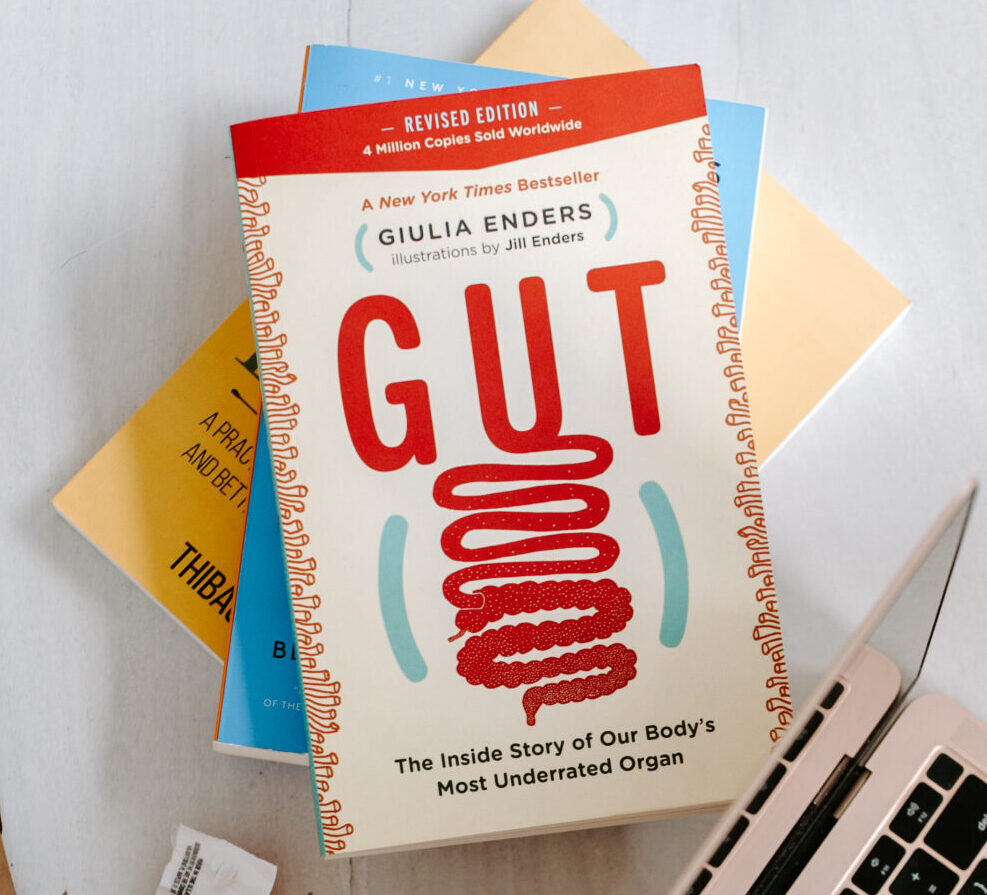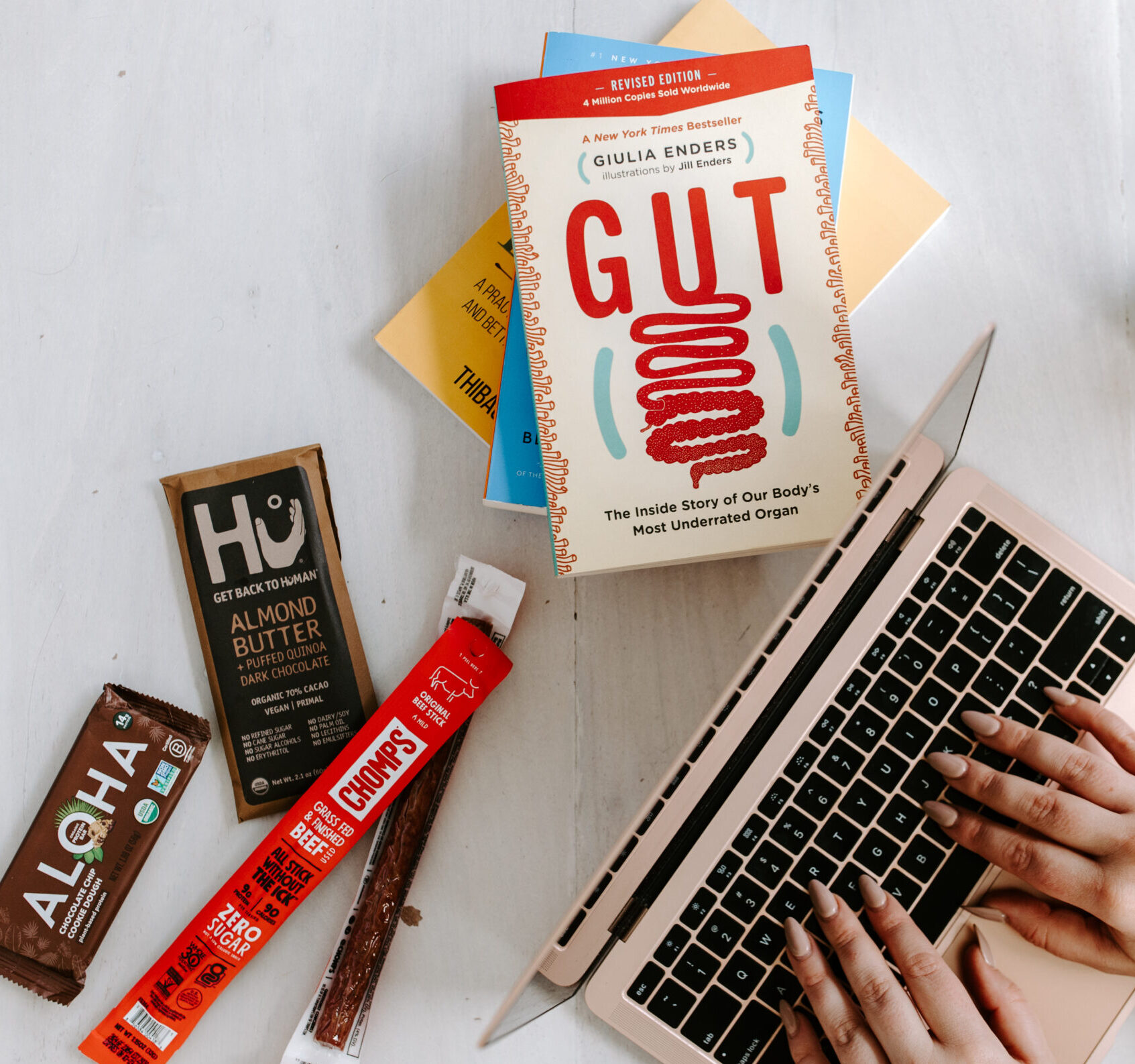It’s no secret that many of you resonate with high histamine symptoms. The hives, the diarrhea, the migraines, the rashes, the food sensitivities, the stomachaches, the dizziness ….
& when you have an overproduction of histamine in the body, and when you cannot break it down properly, it can almost feel as if you are having a storm of allergy & allergic reaction-type symptoms. 🌪
In the past, I’ve really honed in on gut inflammation as a primary driver of high histamine and the inability to break it down properly (gut inflammation drives up histamine, and we need to have plenty of DAO in the gut to break down histamine), but hormones do, in fact, play a role here as well.
Specifically, estrogen.
Simply put, histamine rises with estrogen. Where one goes, the other tends to follow. So histamine will rise with estrogen-dominant cases and/or when estrogen rises during certain times of your cycle. A common pattern here would be heightened histamine symptoms (esp. migraines) around ovulation or right before your cycle.
Before we dive into the root causes of high estrogen, we need to have a quick science lesson. Estrogen is a sex hormone made in the ovaries but also made and stored at the tissue level. NOTE: hormones are messengers – this meaning they respond to something else. So “estrogen dominance” isn’t necessarily a root cause in itself, something deeper is.
Root causes of high estrogen:
- gut inflammation (bacterial overgrowth, H pylori, parasites, etc)
- constipation (we excrete excess estrogen via the stool; if you’re constipated, you’re reabsorbing “old” estrogen)
- chronic stress
- highly processed, low fiber diet
- poor blood sugar control (high insulin, high A1c)
- nutrient deficiencies
- imbalance of other sex hormones (i.e., progesterone)
- lack of exercise
- poor detox pathways (liver & gut health being two biggies)
- birth control & hormone replacement therapy can increase estrogen dominance
- fragrances
- oh, and ….age. (probably the most annoying answer)
Women ages 35-50 start to see a decline in progesterone and estrogen, but progesterone declines by about 75% and estrogen by about 35%, naturally putting you in a state of estrogen dominance as hormone production tapers off. There is no coincidence that I see high histamine symptoms at all ages, but women entering perimenopause is by far the most common.
When my client Kristin came to me she was struggling with constipation, headaches around her cycle, big mood swings, and feeling sensitive to many foods. Aside from big mineral deficiencies and gut infections, we also uncovered high histamine levels alongside high copper levels. A high histamine and high copper case together tend to to have a big estrogen component. For Kristin, the 25 years of birth control was a big culprit. Together we approached her case step by step, getting her bowels moving, cleaning up gut infections, and then tackling copper & estrogen “dumping” with added liver and mineral support. This then addresses the high histamine problem.(note: high copper doesn’t happen from eating too much copper)
By taking a realistic, root-cause approach to her health, here is how Kristin is feeling today:
Jamie has changed my life. I have seen GI doctors and other dietitians who gave me bandaid fixes, or had me eliminate foods from my diet. No healthcare practitioner has ever listened the way Jamie did, or has dug deep into figure out WHY I was experiencing certain symptoms. Jamie has helped me become regular, reduce stomach/gas pains, and constant bloating. Additionally, our time together has gone so much further than my original GI issues I sought her out for; she helped me not rely on Zoloft, as well as helped me come off the birth control pill (after 25 years!)…my mood has never been better; I feel confident in the foods I am choosing/eating (food anxiety, what?!); I am listening to my body; my hair is feeling thicker and fuller; she has helped me in loving my body, and finally to be proud of the hard work I have been doing








Comments +